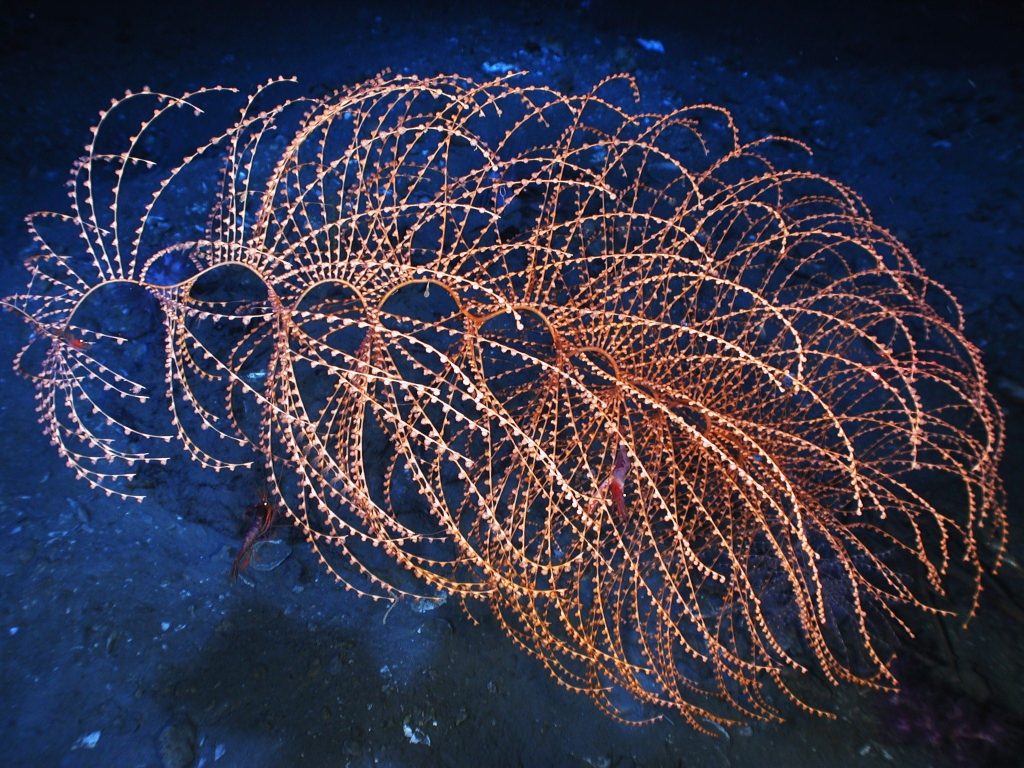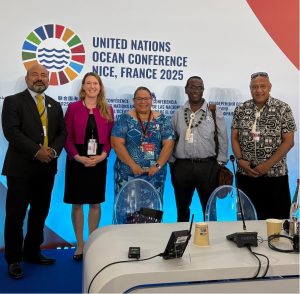
Highlights from the 2025 Shanghai Pacific Fisheries Symposium (8-10 October)
In an era of rapid ocean change, effective management of Pacific tuna fisheries depends on robust science, informed policy, and genuine international collaboration. From 8–10









